REFRAME YOUR CAREER GAME
Globalization, cross-cultural integration, robotics, technology platforms, and artificial intelligence are only a few of the forces that lead to feelings of precarity, unpredictability, and suffering for workers struggling to navigate a completely new landscape.
That nagging feeling you have? What if it’s a call to action? Let’s do what we do, but better.
Reframe Your Career Game is an answer to this call: 5 self-paced online courses that lead to the Advanced Career Facilitation for the 21st Century (ACF21) certification.
This credential is designed for experienced career services professionals. This is not a training model for beginners but a call to action for working career helpers to understand and adapt their current practice to help clients meet the demands of the 21st Century.
My goal for this certification is to give you a different online training experience. One that encourages you to ask questions that have remained unasked, to think deeply about your own experiences of work, and to shift your career services practice to better incorporate ideas that are foundational to human flourishing and happiness as they relate to soft skill development.
Each of these courses can be taken separately or in a bundle. You have the opportunity to gain 30 continuing education credits and receive the ACF21 designation. To learn more about the affordable pricing, certification details and to receive an additional bonus of a 1-hour consult with me as your instructor, please visit our education partner Career Planning Academy.
Competencies you’ll gain:
Assist clients in considering the impact of career decisions and transitions on their relationships, daily experiences, culture, and personal wellness.
Frame “soft skill” development within broader paradigms of neuroscience, meaning-making, and relational-cultural perspectives.
Help clients reframe their approach to the gig world-of-work with healthy, accurate mindsets as they make career decisions.
Analyze issues of culture and justice with clients to develop critical thinking skills as they interact with the world-of-work.
Adapt your current practices to the 21st Century world-of-work via Reframe techniques.
The courses you’ll explore:
Un-center Work to Recenter Life
Why are you working? Now, think about the last three clients that you saw and imagine how they would answer this same question. Are you able to imagine their responses? Encouraging career services professionals to diminish work and enhance the focus on life within their practice can seem counterintuitive. If we dig deeper, isn’t this the only approach that makes sense in a 21st Century world-of-work?
Surfing the Gig Economy
Kowabunga! This term was picked up by surfers in the 1950’s to express awe and gratitude in the face of the ocean’s power. The 21st Century world-of-work confronts most workers with a similar sense of magnitude, fear and power. Using the metaphor of surfing, this self-paced course digs deeply into current challenges and provides a 5-step framework for helping clients reframe their mindsets to better understand and adapt to new circumstances, from hyper-connectivity to global capitalism.
Career GHECK Levels I & II
Gratitude, Humility, Empathy, Care, and Kindness are essential elements when fostering “soft skill” development. If these deeper phenomena are not considered, soft skill work in coaching and counseling becomes an exercise in pantomiming behaviors versus real client change. To use a gardening metaphor, it matters whether or not a seed is planted in a bed of fertilized soil, sand, or gravel. Similarly, it matters whether a client is practicing soft skills with you, a career services professional, at a shallow level or from a deeper more meaningful place.
Career Work is Justice Work
Our work is normally employer focused, asking clients to adapt to the expectations of corporate or public institutions upon which the current world-of-work has been constructed. We know from research that bias and prejudice are built into these systems. If career services professionals do not help all clients become more conscious of these systems while encouraging personal agency when making career decisions, the system will never change. They will never become more fair, more just. How do you own experiences of work form the spectrum of privilege and opportunity you have in your life, and how can you shift your career services practice to better incorporate ideas of justice for all workers?

